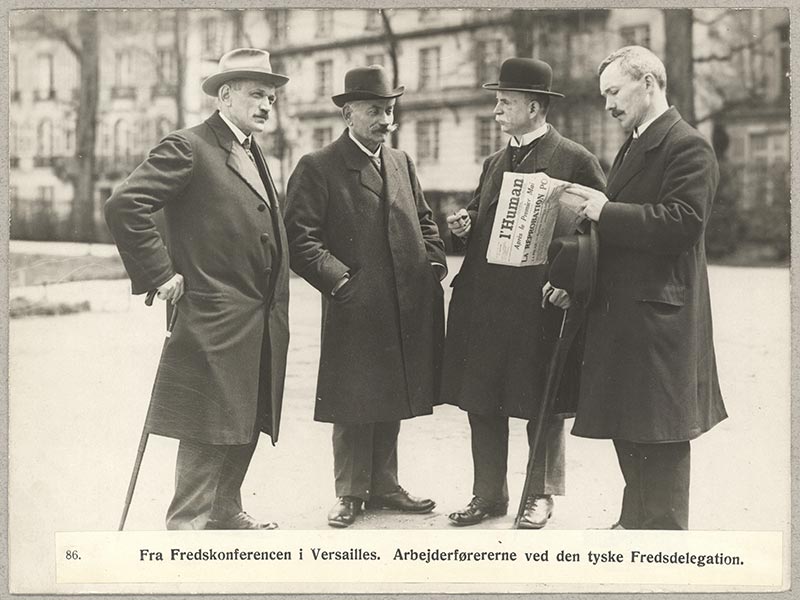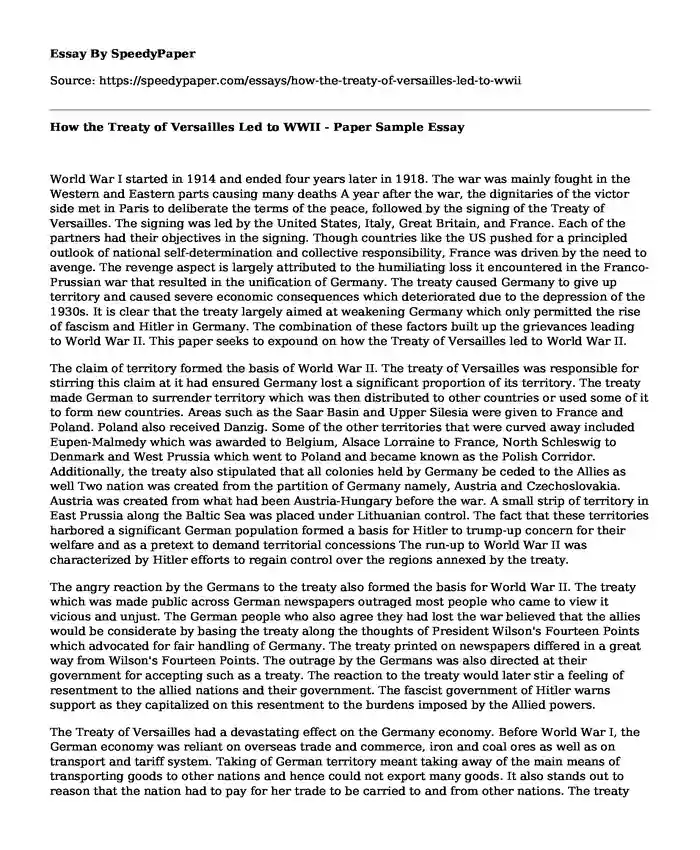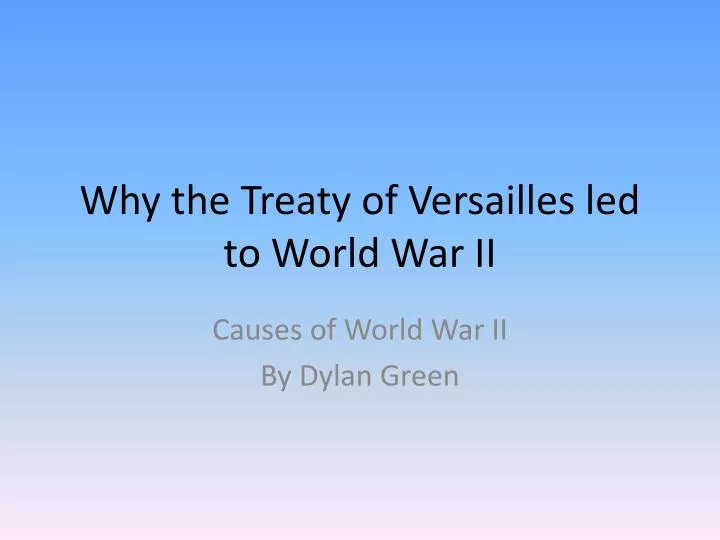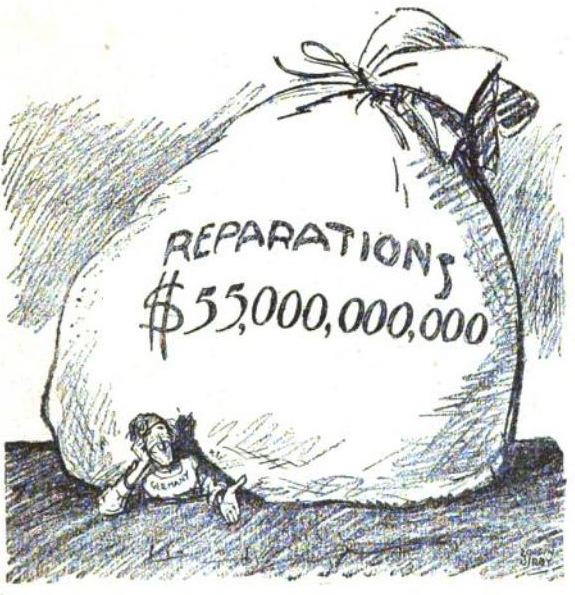The Treaty of Versailles, signed on June 28, 1919, was a peace treaty that officially ended World War I between the Allied Powers and Germany. The treaty, however, had far-reaching consequences that ultimately led to the outbreak of World War II just two decades later.
One of the main causes of World War II was the harsh terms imposed on Germany by the Treaty of Versailles. The treaty held Germany solely responsible for the war and imposed heavy reparations on the country. Germany was forced to disarm, give up its colonies, and cede territory to its neighbors. The treaty also established the League of Nations, which was intended to prevent future wars by promoting international cooperation and disarmament.
While the treaty may have been intended to bring peace to Europe, it had the opposite effect. The harsh terms of the treaty, particularly the reparations, left Germany in economic ruins and fueled resentment among the German people. Many Germans saw the treaty as a punishment for a war they believed they did not start, and this fueled a sense of national pride and a desire for revenge.
Another factor that contributed to the outbreak of World War II was the rise of authoritarian regimes in Europe, particularly in Germany and Italy. In Germany, the treaty and the economic turmoil it caused paved the way for the rise of the Nazi Party, led by Adolf Hitler. Hitler promised to restore German pride and rebuild the nation, and he used the resentment over the treaty to gain support. In Italy, the treaty did not impose the same harsh terms as it did on Germany, but the country still experienced economic and political instability, which paved the way for the rise of the Fascist Party, led by Benito Mussolini.
The Treaty of Versailles also contributed to the rise of militarism in Europe. The treaty mandated that Germany reduce the size of its military, and this left the country with a smaller, less-powerful military than its neighbors. As a result, Germany began to secretly rearm in the 1930s, in violation of the treaty. This led to a arms race between Germany and the other major powers in Europe, as each side sought to build up its military to protect itself from the other.
In conclusion, the Treaty of Versailles played a significant role in the lead-up to World War II. The harsh terms imposed on Germany fueled resentment and a desire for revenge, which contributed to the rise of authoritarian regimes in Germany and Italy. The treaty also contributed to the rise of militarism in Europe, as each side sought to build up its military in the face of perceived threats. These factors, along with other issues such as nationalism and territorial disputes, ultimately led to the outbreak of World War II.








